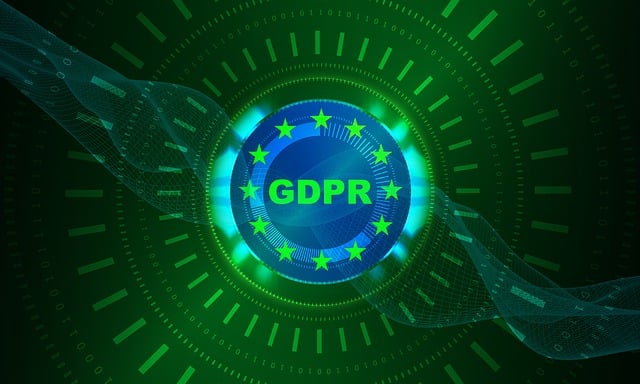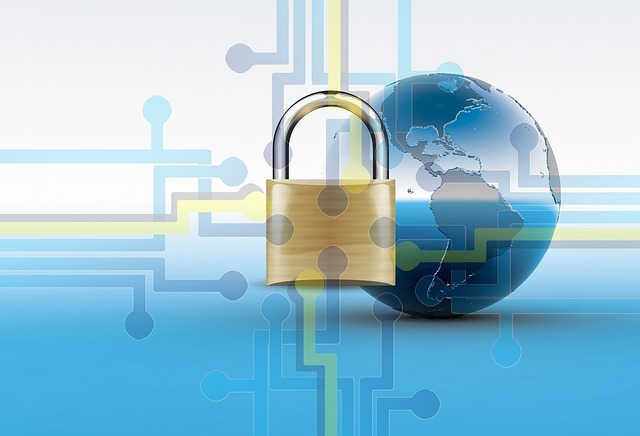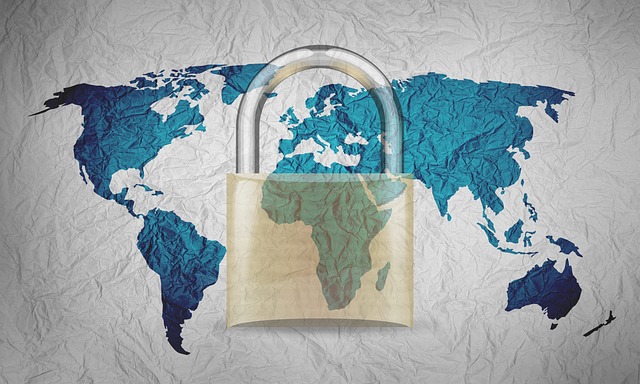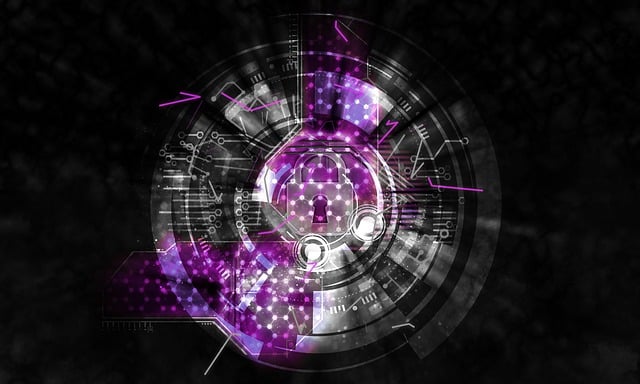Certified Public Accountants (CPAs) managing sensitive financial data must prioritize cybersecurity compliance to protect information and maintain public trust. This involves adhering to regulations like SEC guidelines and PCI DSS standards, implementing robust IT audits with comprehensive access controls, and maintaining meticulous documentation for audit trails. Effective strategies include regular file security audits, data retention policies, multi-factor authentication, continuous monitoring, incident response plans, and employee training. By integrating these cybersecurity compliance measures, CPAs ensure accurate financial reporting, protect records, and navigate the evolving digital landscape while adhering to industry standards.
In the digital age, financial IT systems are pivotal for Certified Public Accountants (CPAs) to meet regulatory compliance requirements. As cybersecurity risks intensify within the sector, understanding and implementing robust security measures become paramount. This article delves into essential aspects of navigating this landscape: from grasping key regulatory compliance expectations to leveraging technology for continuous monitoring and auditing. We explore cybersecurity’s unique challenges from a CPA’s perspective, offering insights on ensuring data integrity and client trust.
- Understanding Regulatory Compliance for Financial IT Systems
- Cybersecurity Risks in Financial Sectors: A CPA's Perspective
- Key Compliance Requirements for CPAs
- Implementing Effective Security Measures
- Continuous Monitoring and Auditing Strategies
- The Role of Technology in Ensuring Compliance
Understanding Regulatory Compliance for Financial IT Systems

Regulatory compliance is an indispensable aspect of financial IT systems, particularly for Certified Public Accountants (CPAs) who deal with sensitive financial data. It involves adhering to a set of rules and standards designed to ensure data integrity, security, and accountability. Cybersecurity compliance is at the heart of this, as it protects against potential threats and unauthorized access. For CPAs, this means implementing robust IT audits that go beyond mere checks and balances; it entails establishing comprehensive access controls accounting for every level of user interaction with financial systems.
Understanding these requirements involves a deep dive into relevant regulations, such as those set by governing bodies like the SEC or industry-specific standards like PCI DSS. Effective compliance goes beyond ticking boxes; it fosters an environment where audit trails IT are meticulously documented and readily available. This not only aids in identifying potential issues but also serves as irrefutable evidence of adherence to established guidelines during internal or external audits for accountants.
Cybersecurity Risks in Financial Sectors: A CPA's Perspective

In today’s digital era, cybersecurity risks have become a paramount concern for all sectors, but none more so than financial institutions. As Certified Public Accountants (CPAs) navigate the complexities of financial reporting and auditing, ensuring the integrity and security of IT systems is no longer an option but a necessity. The intricate nature of financial data makes it a prime target for cybercriminals, who can exploit vulnerabilities to gain unauthorized access, manipulate records, or steal sensitive information. This presents a significant challenge for CPAs, as they must adhere to stringent regulatory compliance requirements while managing these escalating cybersecurity risks.
From the CPA’s perspective, addressing cybersecurity compliance involves a multifaceted approach. It entails implementing robust access controls accounting measures to safeguard financial data and systems, leveraging specialized IT tools for accounting compliance monitoring, and staying abreast of evolving industry standards and regulations. By integrating cybersecurity into their core practices, CPAs can ensure that IT infrastructure supports accurate financial reporting while mitigating potential risks. This proactive stance not only protects the integrity of financial records but also fosters public trust in the profession and the broader financial landscape.
Key Compliance Requirements for CPAs

For CPAs, navigating the complex landscape of financial IT systems and their alignment with regulatory compliance requirements is paramount. Key areas of focus include robust cybersecurity measures to safeguard sensitive client data, ensuring proper access controls and encryption protocols in place. This aspect is crucial given the increasing sophistication of cyber threats.
In addition, effective data retention policies are essential for maintaining accurate records. CPAs must implement systems that facilitate secure storage, retrieval, and eventual deletion of regulatory data systems, adhering to industry standards and legal mandates. Furthermore, CPA file security is paramount, requiring regular audits and updates to protect against vulnerabilities, ensuring the integrity and confidentiality of financial records at all times.
Implementing Effective Security Measures

In the digital age, cybersecurity is paramount to ensuring financial IT systems meet regulatory compliance requirements for CPAs. Implementing robust security measures, such as encryption, multi-factor authentication, and access controls, helps safeguard sensitive financial data from cyber threats. Regular IT audits for accountants are essential to identify vulnerabilities and ensure accounting compliance IT tools are up-to-date with the latest security standards.
Effective cybersecurity strategies also involve continuous monitoring, incident response plans, and employee training on best practices. By integrating these measures, CPAs can maintain regulatory data systems that are both secure and efficient, thereby enhancing their credibility and ensuring they remain in compliance with evolving industry standards.
Continuous Monitoring and Auditing Strategies

In today’s digital era, continuous monitoring and auditing strategies are vital for CPAs to ensure financial IT systems meet regulatory compliance requirements. Cybersecurity threats evolve rapidly, making it crucial for accounting professionals to implement robust data retention policies and access controls accounting mechanisms within their regulatory data systems. By adopting proactive measures, CPAs can identify and mitigate potential risks in real-time, thereby enhancing overall cybersecurity compliance.
Regular and rigorous audits, coupled with advanced monitoring tools, enable CPAs to track system activities, detect anomalies, and ensure data integrity. This not only safeguards sensitive financial information but also facilitates timely corrective actions. Access controls accounting methods, such as role-based permissions and multi-factor authentication, further strengthen the security posture of these systems, thereby fostering trust among stakeholders and ensuring regulatory compliance.
The Role of Technology in Ensuring Compliance

In today’s digital era, technology plays a pivotal role in ensuring that financial IT systems adhere to stringent regulatory compliance requirements. CPAs (Certified Public Accountants) rely on robust and secure cybersecurity measures to safeguard sensitive financial data. By implementing advanced access controls and encryption techniques, they can mitigate risks associated with unauthorized access and data breaches. This is crucial for maintaining the integrity of accounting records and fostering public trust in financial reporting.
IT legal support for CPAs is also essential, as regulatory landscapes evolve and new challenges emerge. Integrating technology into financial processes, such as automated auditing tools and digital ledgers, streamlines operations and enhances accuracy. These innovations not only simplify compliance but also enable CPAs to provide more efficient and insightful services to their clients. Ultimately, leveraging IT for financial reporting ensures that practices remain up-to-date, secure, and aligned with the latest regulatory standards.
